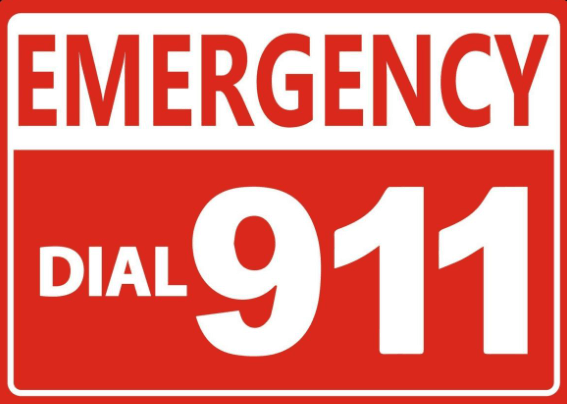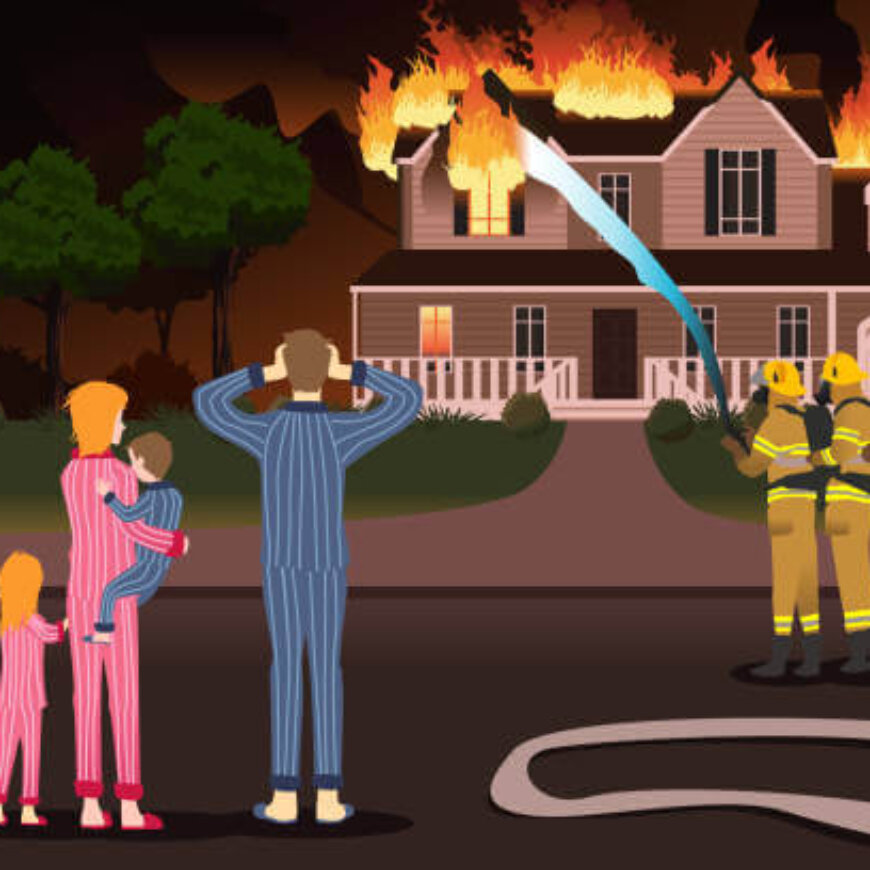When we go to the Willard Public Schools, one of the first questions we ask is “what do you do in an emergency?” Kids begin yelling “Call 911!” Then there are inevitably the kids that yell “Stop, Drop, and Roll!” Of course this always makes us laugh but the truth is, sometimes the general public is unsure of what constitutes an emergency. We have compiled a list that may help you to know when to call 911.
Call 911 if you answer yes to the following:
- Is the person’s condition life-threatening?
- Could the person’s condition worsen and become life-threatening on the way to the hospital?
- Could moving the person cause further injury?
- Does the person need the skills or equipment of emergency medical providers?
- Would distance or traffic conditions cause a delay in getting the person to the hospital?
- When in doubt
Call 911 if there are any of these warning signs:
- Shortness of breath or breathing difficulty
- Dizziness, weakness or fainting
- Pain in the chest or upper abdomen that lasts 2 minutes or longer
- Vision changes, such as double vision
- Speaking difficulties
- Mental confusion
- Sudden, severe pain
- Bleeding that won’t stop after 10 minutes or longer
- Coughing up blood
- Suicidal feelings
- Severe allergic reactions
Remember calling 911 for a non-emergency event could tie up valuable resources and put a life at risk!
Do NOT Call 911 for non-emergency situations like the following:
- Transportation to a doctor’s appointment
- Getting a prescription filled
- Seeking treatment for minor cuts or abrasions
- To receive quicker attention in the emergency room – arriving via ambulance will not get you faster medical treatment
*Scenarios like these may require medical advice or help, ranging from first aid at home to an emergency department visit but none require an ambulance response.
We hope this information is helpful to you. If you have questions or would like further information, please contact us at 417-685-3114.



